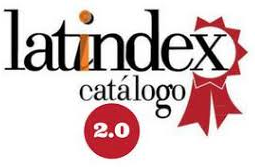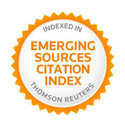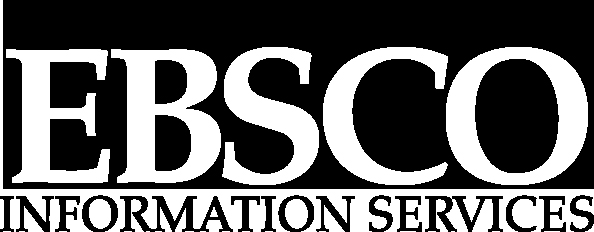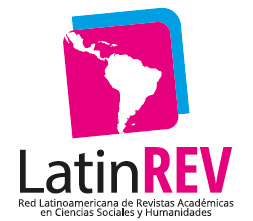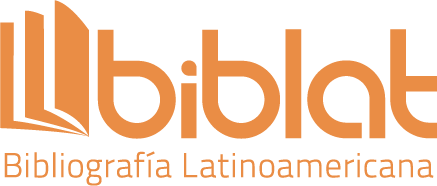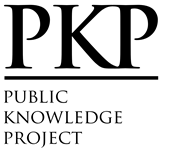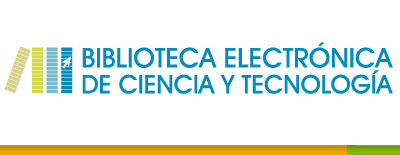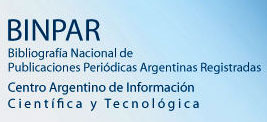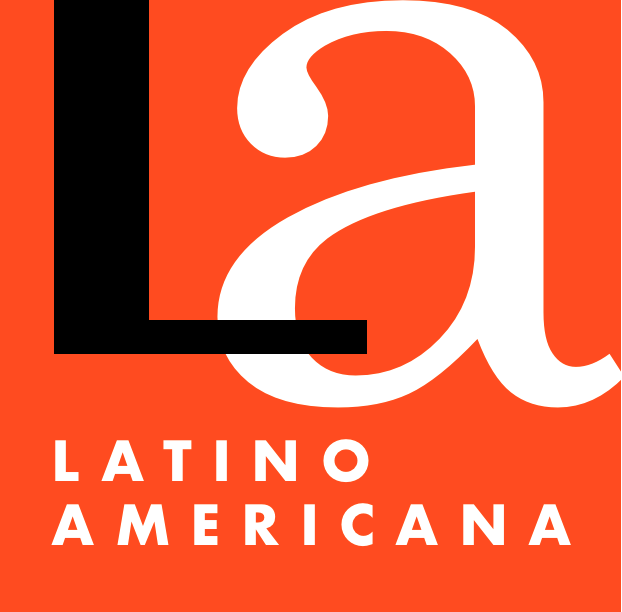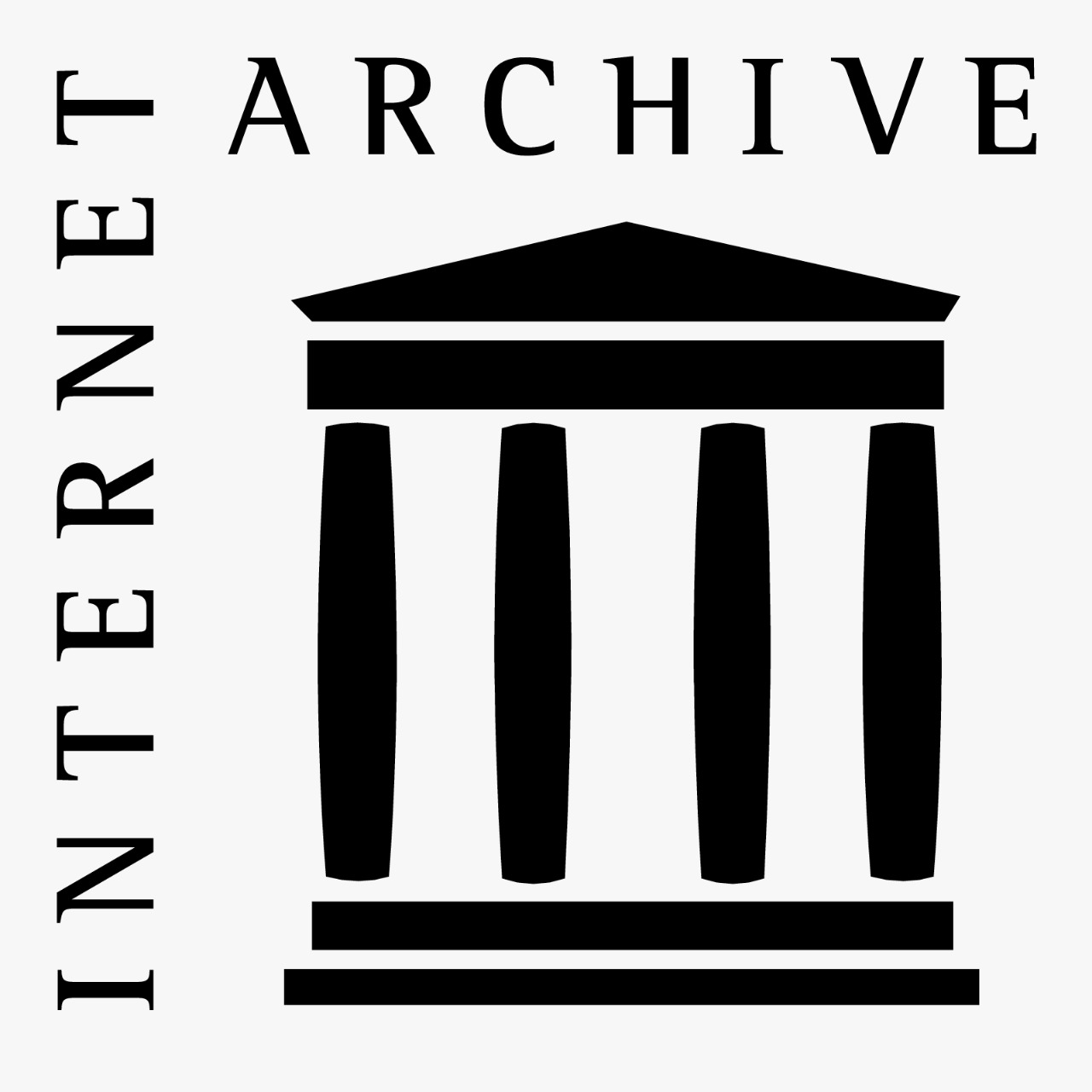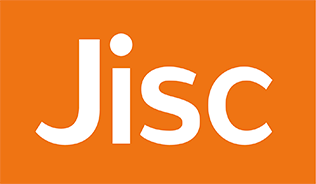Simplifying politics
The media response to the Spanish Government control sessions in television news programs on TVE and Telecinco
Abstract
This paper looks at how politics are simplified on TV news programs. We analyze the media response to the first five control sessions with the Spanish government in its 14th Cortes Generales. Specifically, we look at the 9 PM news programs on channels TVE (the state-owned Televisión Española) and Telecinco (the most-watched channel during this time slot). We used an ad hoc qualitative analysis table to collect data from the control sessions and the news programs. In doing so, we hoped to unveil differences in how both channels covered these control sessions, looking to see if they shared relevant information about them or if they focused on anecdotal details. The results reveal profound differences that demonstrate the degree to which politics are simplified in today’s media discourse. We noted how much time the news programs allot to reporting on the control sessions, how many questions and answers they cover, how much attention they give to the most controversial (but not necessarily the most relevant) political figures, and how much importance they bestow upon how things are said (as opposed to what is actually being said). Face-to-face talks between congresspeople are given special attention, due to how effectively they play on television. TVE prefers to show more formal and relaxed moments during the plenary sessions, while Telecinco focuses on more impactful, “action-packed” images. Via a qualitative analysis, we look at how these control sessions (one of the most important mechanisms available to keep the Spanish government in check) are reported on by TV news programs. And in the process, we demonstrate how politics are simplified in the current media discourse — and thus fill a gap in the Spanish academic space.
Downloads
References
Asociación para la Investigación de los Medios de Comunicación. (2021). Marco general de los medios en España 2021. https://www.aimc.es/a1mc-c0nt3nt/uploads/2021/02/marco2021.pdf.
Azurmendi, A. (2005). De la verdad informativa a la “información veraz” de la Constitución Española de 1978. Una reflexión sobre la verdad exigible desde el derecho de la información. Comunicación y sociedad, 18(2), 9-48.
Barlovento Comunicación. (2020). Análisis televisivo 2019. https://www.barloventocomunicacion.es/wp-content/uploads/2019/12/analisis-televisivo-2019-BarloventoComunicacion-1.pdf.
Berrocal-Gonzalo, S. (2015). Politainment: el gran espectáculo político televisivo. El molinillo, (76), 4-9.
Bode, L. y Vraga, E. K. (2018). Studying politics across media. Political Communication, 35(1), 1-7. https://doi.org/10.1080/10584609.2017.1334730.
Bourdieu, P. (2002). Sobre la televisión. Anagrama.
Cala Siria, R. (2015). La persuasión en el discurso político. Aproximación a las estrategias de comunicación de los partidos españoles desde las elecciones europeas hasta las elecciones andaluzas. Ámbitos: Revista Internacional de comunicación, (28), 73-80.
Cebrián Herreros, M. (2004). La información en televisión. Obsesión mercantil y política. Gedisa.
Colombo, F. (1976). Televisión, la realidad como espectáculo. Gustavo Gili.
Congreso de los Diputados. (s.f.). Normas y Reglamentos. https://www.congreso.es/normas/reglamento-del-congreso.
Gobierno de España. (1978). Constitución Española. https://www.boe.es/eli/es/c/1978/12/27/(1)/con.
Gómez Rubio, L., López Vidales, N. y Vicente Torrico, D. (2018). La televisión informativa en el entorno digital: análisis de las ediciones diarias de las cadenas generalistas líderes de audiencia en España. Estudios sobre el Mensaje Periodístico, 24(1), 4-8. https://doi.org/10.5209/ESMP.59945.
Hernández Valls, F. (2017). El año que vivimos sin Gobierno. Libros.com.
Jungherr, A., Rivero, G. y Gayo-Avello, D. (2020). Retooling politics: How digital media are shaping democracy. Cambridge University Press.
Kaplún, M. (1998). Una pedagogía de la comunicación. Ediciones de la Torre.
La Moncloa. (2020). Gobierno de la XIV Legislatura. https://www.lamoncloa.gob.es/gobierno/gobiernosporlegislaturas/Paginas/xiv_legislatura.aspx.
León, B. (Ed.). (2010). Informativos para la televisión del espectáculo. Comunicación Social.
López de Lerma Galán, J. (2018). El derecho a recibir información veraz en el sistema constitucional. El ejercicio profesional del periodismo como garantía democrática. Estudios De Deusto, 66(2), 435-459. https://doi.org/10.18543/ed-66(2)-2018pp435-459.
Mazo, P. (2019). Politólogo alerta de un “notable empobrecimiento” de lenguaje político. La Vanguardia. https://www.lavanguardia.com/vida/20191109/471468951470/politologo-alerta-de-un-notable-empobrecimiento-de-lenguaje-politico.html.
Medina, M. (2018). Las productoras de TV en España: concentración en conglomerados y homogeneización de contenidos. En Muñoz Jiménez, J., Martínez Martínez, S. y Peña Acuña, B. (Coords.), La realidad audiovisual como nuevo vehículo de comunicación (pp. 271-286). Gedisa.
Norris, P. (2000). A virtuos circle. Political Communications in Postindustrial Societies. Cambridge University Press.
Palacio, M. (2020). Historia de la televisión en España. Gedisa.
Los 10 conceptos básicos que hay que saber sobre los vídeos de la TV. (2020). Prnoticias. https://bit.ly/2JIoHSl.
Rivera, A. (2016). Antología del discurso político. La Catarata.
Riffe, D., Lacy, S. y Fico, F. (2014). Analyzing media messages. Using quantitative content analysis in research. Routledge. https://doi.org/10.4324/9780203551691.
Román-Portas, M., García, A. y Feijoo, B. (2020). Los programas informativos en la televisión generalista en España 2005-2010. Estudios sobre el Mensaje Periodístico, 26(2), 773-785. https://doi.org/10.5209/esmp.67525.
Terrasa, R. (2019). Por qué los políticos te hablan como si fueras idiota. El Mundo. https://www.elmundo.es/papel/historias/2019/02/26/5c73e95afc6c834a618b4591.html.
Copyright (c) 2021 Alicia Gil-Torres, Elena Martínez de la Huerta, Cristina San José- de la Rosa

This work is licensed under a Creative Commons Attribution-NonCommercial 4.0 International License.
The authors retain the copyright and guarantee the journal the right to be the first publication of the work. In case that a translation of the article already published in Austral Comunicación can be published in another journal, it is requested to record the original publication in the translated version.
The license used is CC BY-NC-SA, which allows sharing (copying and redistributing the material in any medium and format) and adapting (remixing, transforming and building on the material) under the following terms: attribution (acknowledge authorship) and non-commercial (the material cannot be used for commercial purposes). Update: February 1, 2022.
Austral Comunicación allows the author (s) to retain the publication rights without restrictions.








